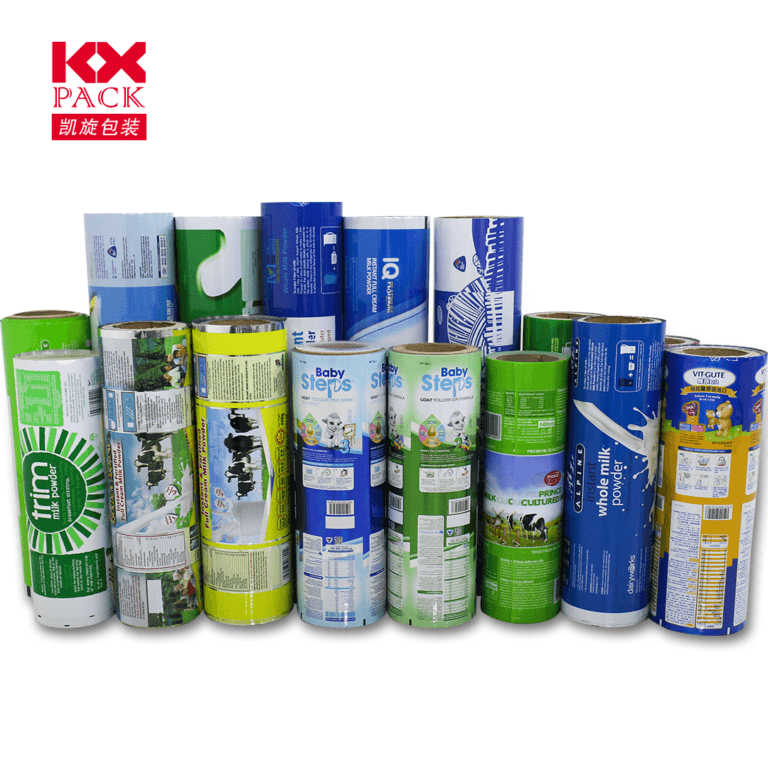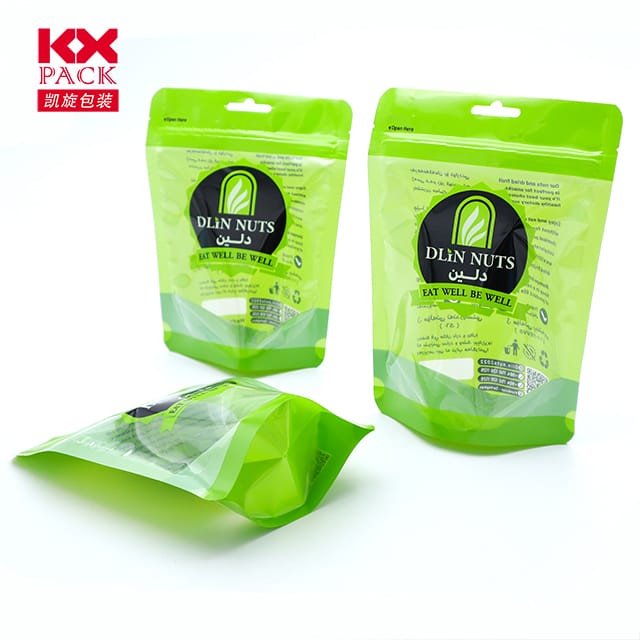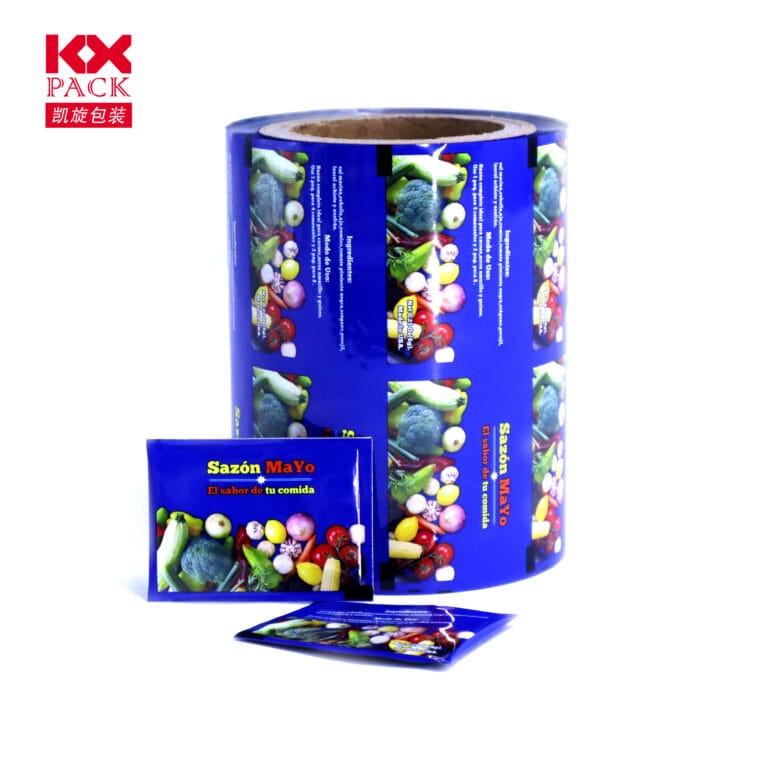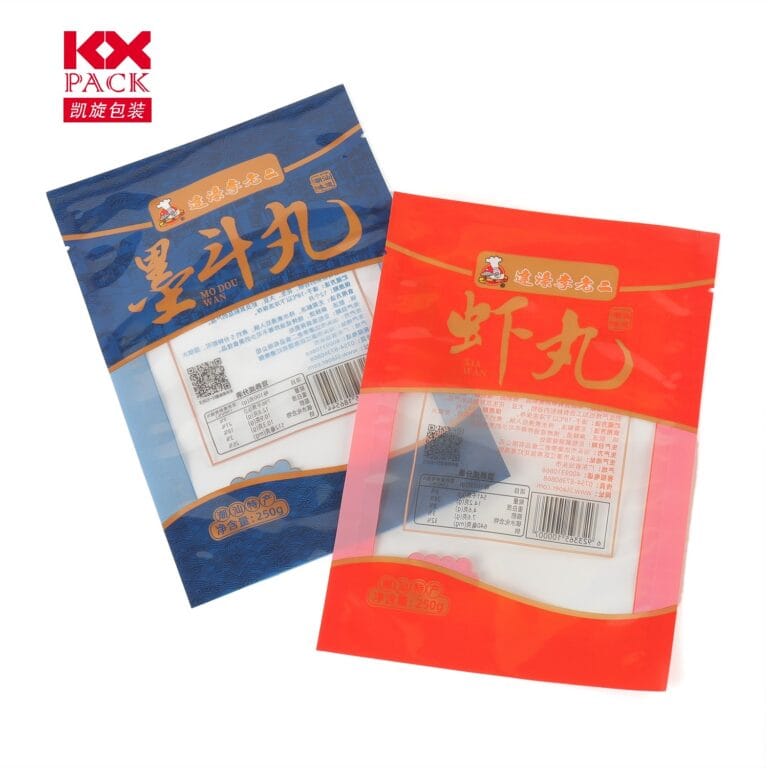პლასტიკური შეფუთვის ფილმი: მოხერხებულობის უნებლიე გმირი და მისი გარემოსდაცვითი დილემა
პლასტიკური შეფუთვის ფილმი
From wrapping leftovers to sealing pallets for shipment, პლასტიკური შეფუთვის ფილმი (ხშირად უწოდებენ Cling ფილმს, გაჭიმვის შესაფუთი, ან სარანის შეფუთვა) თანამედროვე ცხოვრებაში არის ყველგანმავალი, მაგრამ დაუფასებელი ინსტრუმენტი. მისი გამჭვირვალე, მოქნილი, და წებოვანი თვისებები მას შეუცვლელი გახდის სამზარეულოებში, საწყობები, და სუპერმარკეტები მთელს მსოფლიოში. მაგრამ რაც იზრდება პლასტიკური დაბინძურების შესახებ, this handy material faces scrutiny over its environmental impact. Let’s explore its role, სიახლეები, and sustainable alternatives.
The Many Faces of Plastic Wrapping Film
Plastic wrapping film comes in various forms, თითოეული სპეციფიკური საჭიროებებისთვის:
- Food Wrap: Made from polyethylene (PE) or polyvinylidene chloride (PVDC), ეს გამხდარი, stretchy film clings to surfaces, preserving freshness and preventing spills.
- Stretch Wrap: Used in logistics, this thicker, more elastic film secures boxes on pallets during transportation, protecting goods from damage and tampering.
- Shrink Wrap: Heated to shrink tightly around products, this film is popular for packaging bottles, cans, and even electronics.
Its versatility stems from its chemistry: most films are derived from petroleum-based polymers, which are lightweight, წყალგა წყალგაუმტარი, and cost-effective to produce.
Why We Love It: The Benefits of Plastic Wrap
- საკვების შენარჩუნება: By creating an airtight seal, plastic film extends the shelf life of perishables, reducing food waste—a critical issue given that 1.3 billion tons of food are discarded globally each year.
- ჰიგიენა და უსაფრთხოება: In hospitals and restaurants, sterile plastic wraps protect medical equipment and ready-to-eat meals from contamination.
- Logistics Efficiency: Stretch wrap keeps pallets stable during transit, minimizing product damage and ensuring safe delivery.
- ხარჯების ეფექტურობა: At just a few cents per meter, plastic film is cheaper than reusable alternatives like glass or silicone containers for short-term storage.
The Dark Side: გარემოსდაცვითი პრობლემები
მიუხედავად მისი უპირატესობებისა, plastic wrapping film poses significant ecological challenges:
- Single-Use Dominance: Most food wrap is designed for one-time use, წვლილი 380 million tons of plastic waste generated annually.
- Non-Biodegradability: Traditional plastic films persist in landfills for centuries, breaking into microplastics that contaminate soil and waterways.
- Recycling Barriers: Thin and often contaminated with food residue, plastic wrap is rarely accepted by recycling programs. Less than 10% of all plastic waste is recycled globally.
- Wildlife Threat: Marine animals mistake plastic film for food, leading to ingestion, suffocation, or starvation.
Innovations and Alternatives: Toward a Greener Future
The tide is turning, with researchers and companies developing eco-friendlier solutions:
- ბიოდეგრადირებადი ფილმები: Made from plant-based materials like cornstarch or cassava, these films break down naturally in composting facilities. ბრენდები მოსწონთ BioBag და Tipa offer certified compostable wraps for food and packaging.
- Edible Coatings: Scientists are experimenting with edible films made from seaweed, starch, or proteins. These coatings can be consumed along with the food, eliminating waste entirely.
- მეორადი სისტემები: სილიკონის საკვების გადასაფარებლები, ფუტკრის ცვილის შეფუთვა, and glass containers are gaining popularity as durable alternatives to single-use plastic.
- Recycling Advances: კომპანიებს მოსწონთ Dow და BASF are developing technologies to recycle mixed plastic films into new products, though scalability remains a challenge.
Consumer Tips: Reducing Plastic Wrap Waste
While systemic changes are crucial, individuals can also make a difference:
- Opt for Reusables: Invest in silicone stretch lids, ფუტკრის ცვილის შეფუთვა, or airtight containers for food storage.
- სწორად გადამუშავება: Check local guidelines—some supermarkets accept clean plastic film for recycling.
- Choose Biodegradable Options: Look for products labeled “compostable” or “home-compostable.”
- Buy in Bulk: Reduce packaging waste by purchasing larger quantities of dry goods and storing them in reusable jars.
დასკვნა: Balancing Convenience and Sustainability
Plastic wrapping film exemplifies the double-edged sword of modern convenience: it solves immediate problems but creates long-term environmental risks. While innovations in biodegradable materials and recycling offer hope, the transition to sustainable alternatives requires collective action—from manufacturers redesigning products to consumers rethinking habits.
The next time you reach for plastic wrap, ჰკითხეთ საკუთარ თავს: Is there a greener way to achieve the same goal? Small changes, multiplied by millions, can drive a plastic-free revolution.
What’s your favorite eco-friendly alternative to plastic wrapping film? Share your ideas in the comments below! 🌍💚






